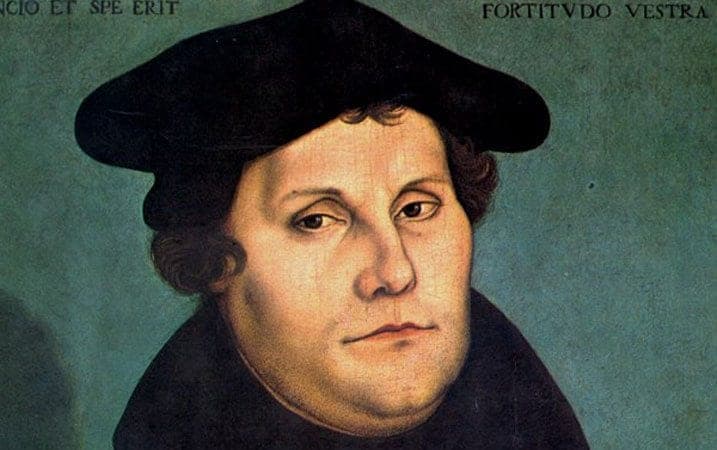ROME—Pope Francis’ outreach to the Protestant world will hit new heights this fall, when he makes a two-day trip to Sweden to participate in ecumenical events marking the 500th anniversary of the Protestant Reformation.
The trip, scheduled for Oct. 31-Nov 1, will be a two-city stop, according to information released on Wednesday by the Vatican’s Pontifical Council for Promoting Christian Unity and the Lutheran World Federation.
The pontiff is scheduled to make a stop in Lund, as well as in the nearby city of Malmö.
The visit, announced earlier in the year, will include an ecumenical prayer service in Lund Cathedral and a public event at Malmo Arena.
Francis’s full itinerary “will be published at a later date,” Father Federico Lombardi, Vatican spokesman, told journalists. The Vatican rarely releases the pontiff’s scheduled so far ahead of time, usually announcing it just two months or so before the trip.
“It was important that no one would think that just because we released a joint statement, that these are the only” events in the pope’s schedule, Lombardi said, adding that the visit will also include a Mass with the Catholic community on the morning of Nov. 1.
According to the statement released on Wednesday, the events being organized in Sweden will highlight the 50 years of ecumenical dialogue between Catholics and Lutherans, and “the joint gifts of this collaboration.”
Lutheran Christianity is officially the largest denomination in Sweden, with 6.2 million Swedes, two-thirds of the national total, registered as members of the Lutheran Church of Sweden, although levels of faith and practice are generally regarded as low.
The celebration in which Francis will participate, organizers write, is being structured around the themes of “thanksgiving, repentance and commitment to common witness.”
“The aim is to express the gifts of the Reformation and ask for forgiveness for division perpetuated by Christians from the two traditions,” they say.
The prayer service at the cathedral will be based on a recently published Catholic-Lutheran “Common Prayer” liturgical guide, based on an earlier report titled “From Conflict to Communion.”
The event in the Malmö Arena will focus on the “common witness and service of Catholics and Lutherans in the world.” The event, which will host 10,000 people, will include highlights of joint efforts by the Lutheran World Federation’s World Service and the Catholic Charity Caritas Internationalis around the world, including care for refugees, peacebuilding and advocacy for climate change.
“The idea behind the arena event is to further describe the development from conflict to communion with a focus on hope for the future and common service in the world,” said Church of Sweden Archbishop Antje Jackélen.
Catholic Bishop Anders Arborelius of Stockholm said that when Pope Francis and Lutheran leaders visit Lund and Malmö “to encourage all of us to go further on the road towards Christian unity,” history will be written.”
The Protestant Reformation began on Oct. 31, 1517, when German Monk Martin Luther nailed his famed 95 Theses to the door of All Saint Church in Wittenberg, in which he attached widespread abuses in the Catholic Church at the time, including simony, nepotism, pluralism, and the sale of indulgences.
During his three years as head of the Catholic Church, the Argentine pontiff has built bridges with Protestants in many ways, often forging friendships with people such as the late Anglican Bishop Tony Palmer, who Francis met when he was still archbishop of Buenos Aires.
The Catechism of the Catholic Church teaches that Christians born into ecclesial bodies separated from Rome are not to be blamed for the division.
Recent pope have made systematic efforts to reached out to various Christian bodies, including the Eastern Orthodox, Anglicans, Lutherans, Pentecostals, Baptists, and others.
Of the 2.3 billion Christians in the world today, 1.2 billion are Roman Catholics and 600-700 million are Protestants of various denominations and groupings, together representing more than three-quarters of the total Christian population.














